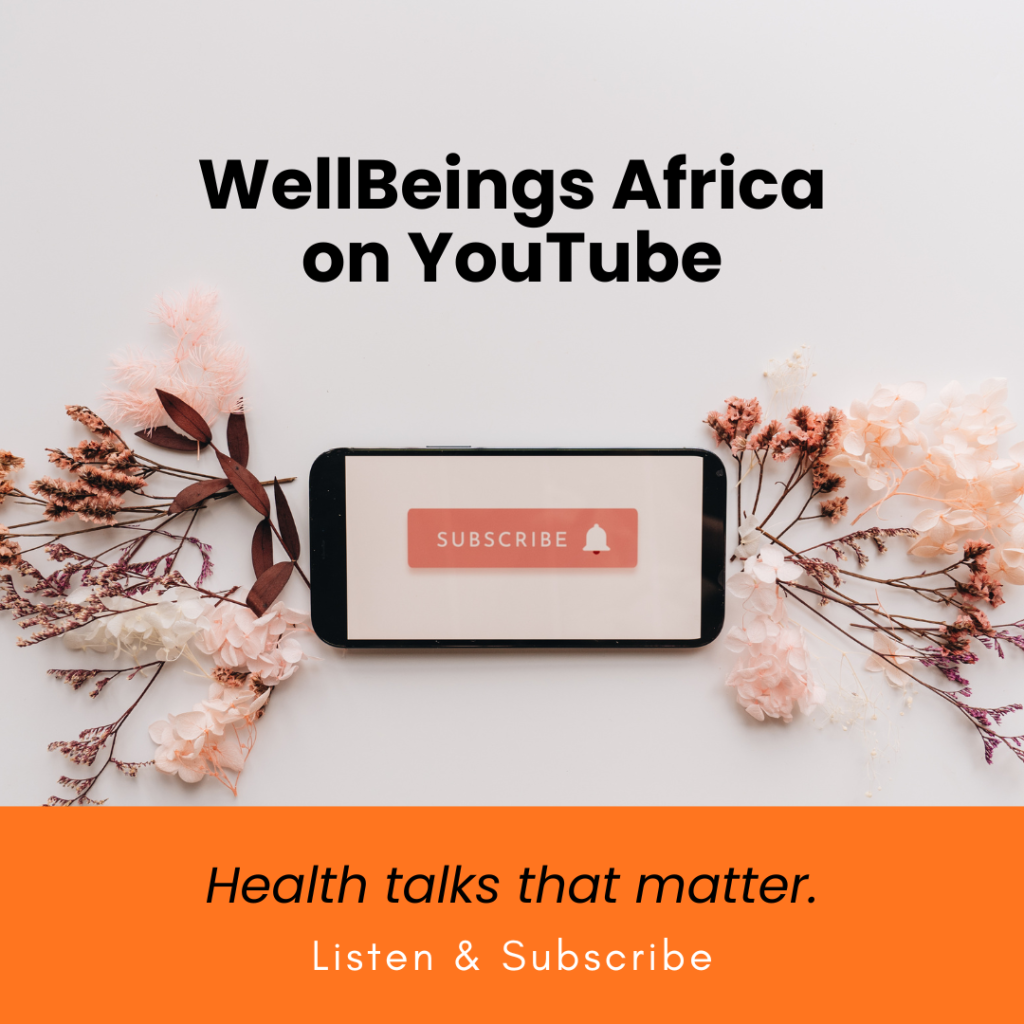Postpartum intimacy explained: practical advice for couples adjusting to life after childbirth
Learn how to navigate the postpartum journey with confidence. In this article, WellBeings Medical Advisory expert, Tara Williams shares her insights on intimacy, emotional wellbeing, and strengthening your partnership.
Intimacy is more than just physical closeness; it is a reflection of our deep human need for connection, love, and touch. In the postpartum season, however, these needs often shift to the background as new parents adjust to the demands of caring for their baby.
While this adjustment is normal, it can create tension between partners when expectations around intimacy are not openly addressed. This article explores what intimacy can look like after birth, why it often feels so complicated, and the many factors that shape sexual and emotional experiences in the postpartum period.
Birth trauma and its hidden impact
Birth trauma is one of the least discussed, yet most powerful influences on postpartum intimacy. At a mother’s six-week check-up, she is often “cleared” for sex because her body is assumed to have physically healed. The conversation typically shifts to contraception choices, but few healthcare providers stop to ask: Is she emotionally ready? Does her body feel safe again?
And with that said, feeling safe again takes time as the nervous system needs to recalibrate. Pregnancy and childbirth bring a cascade of physical, emotional, and hormonal changes.
While many women adjust to their new body image in time, processing how the birth unfolded can be far more complex. A woman who felt stripped of dignity, pressured into interventions, or left with a sense of failure may carry deep fear and grief. These emotions suppress oxytocin – the love hormone essential to bonding, pleasure, and intimacy.
Physical recovery and hormonal shifts
Even in births free of complications, recovery is not linear. Vaginal tears, stitches, Caesarean wounds, pelvic floor weakness, and changes in lubrication all affect comfort during sex. It is not that you don’t want to be intimate; it is that your body is processing a major life event and your journey from maiden to mother.
Breastfeeding can lower oestrogen levels, often leading to dryness or discomfort, and fatigue from night feeds leaves little energy for physical closeness.
Hormones also play a powerful role. Prolactin, which supports milk production, may reduce your libido. Cortisol, the stress hormone, rises with sleepless nights and constant caregiving, further dampening sexual desire.
None of these changes are permanent, but they are real, and they deserve to be acknowledged so that everyone becomes aware of the struggles mothers face early on.

The emotional landscape
Parenthood reshapes identity. A mother who was once spontaneous or sensual may now feel consumed by responsibility. She may struggle with body confidence, exhaustion, or the fear of another pregnancy. Intimacy then becomes layered with anxiety rather than ease.
Fathers or partners may feel confused or even rejected if intimacy does not return as quickly as expected. Their love language may be physical touch, and when that is no longer reciprocated, it can feel confusing, frustrating, and disappointing. This misalignment can create distance, unless both partners acknowledge that intimacy is not only about sex.
Touch, kindness, affirmation, and shared laughter are just as vital to keeping connection alive, and recognising that intimacy begins long before entering the bedroom.
Redefining intimacy postpartum
One of the most healing steps couples can take is to broaden their definition of intimacy. Holding hands, cuddling while watching a movie, showering together, sharing skin-to-skin time with your partner, or taking a quiet walk can all restore closeness without the pressure of full sexual activity. Communication is essential.
Partners should feel safe to ask: What feels good right now? What feels off-limits? How can I support you while you heal?
When intimacy is approached with curiosity instead of expectation, couples often find their bond deepens rather than weakens. It may also be a time when intimacy is welcomed in a different way, and the lead-up to full intimacy makes the wait worthwhile. Rebuilding connection can make sex more meaningful and exhilarating when it does happen.
Practical tips for couples
- Give it time. Healing is both physical and emotional. There is no deadline for returning to sex.
- Get professional help if needed. Pelvic floor physiotherapists, lactation consultants, and therapists can address discomfort, trauma, and anxiety, and help you process what you are feeling.
- Prioritise rest. Exhaustion is the enemy of desire. Share night duties where possible or nap during the day to reclaim your energy.
- Start small. Simple touch like a hug, massage, kiss, or gentle exploration without expectation can rebuild connection without overwhelm.
- Be patient with each other. Compassion and understanding create safety, which naturally supports intimacy.
Help at hand
The postpartum period is a tender and transformative time. Intimacy may feel distant, complicated, or even frightening, but it is not lost. By acknowledging birth trauma, honouring physical and hormonal changes, and approaching one another with gentleness, couples can rediscover connection in new and profound ways.
True intimacy is not measured by how soon sex resumes after birth. It is reflected in the small, consistent gestures of love, presence, and respect that remind both partners they are not alone in this new chapter.
A simple reminder: your baby comes into your world, so try your best to maintain parts of yourself while you learn to parent your new baby.
Images: Vecteezy





















